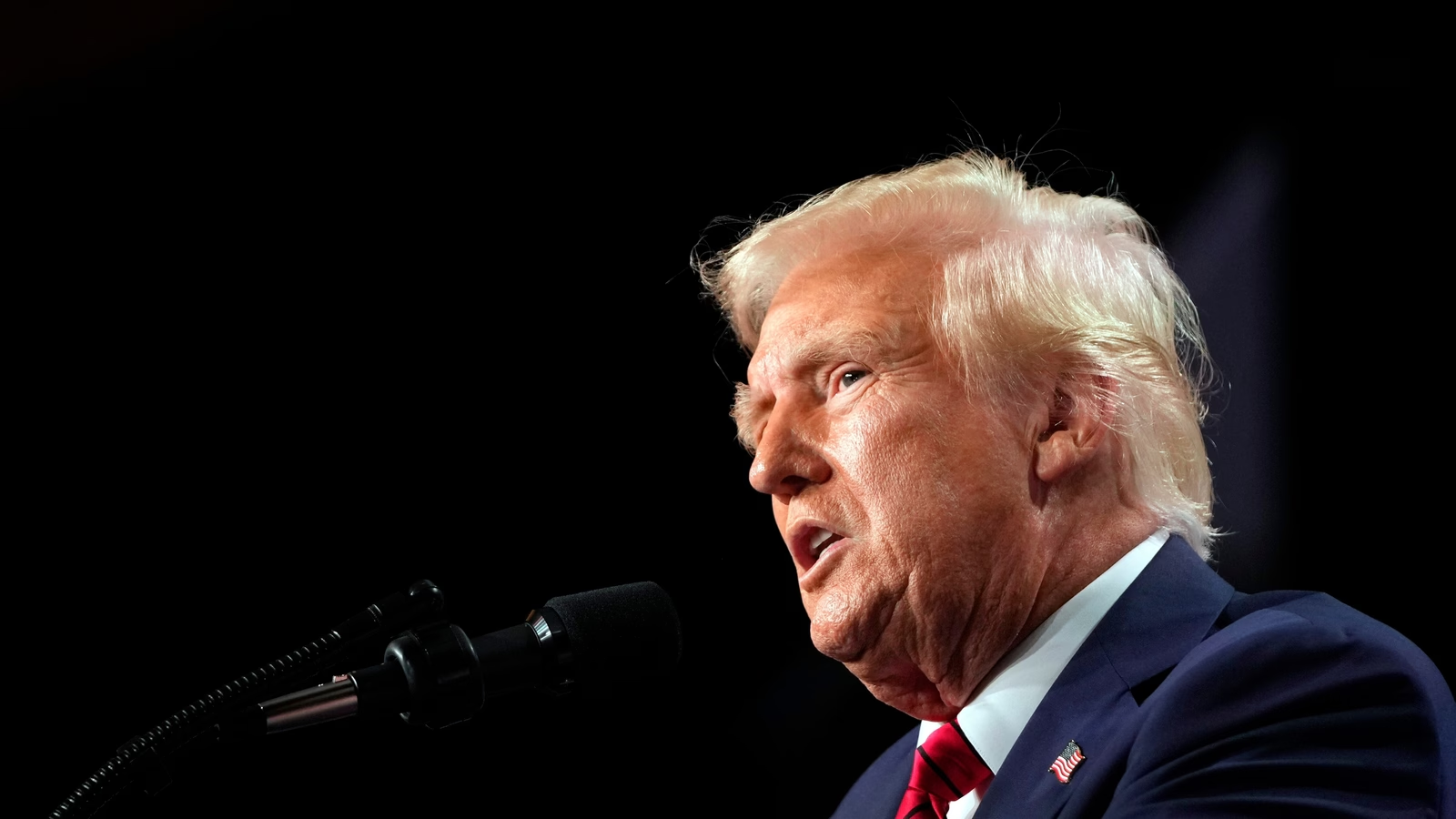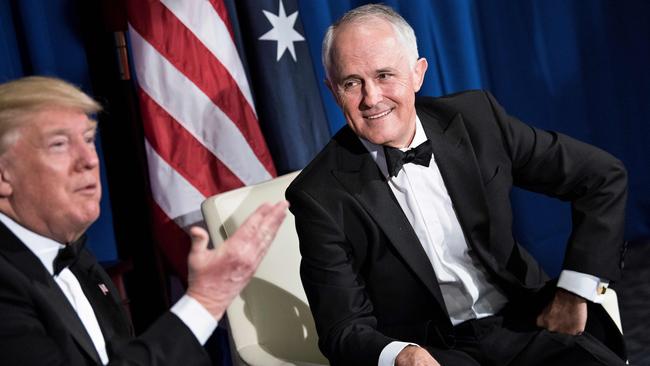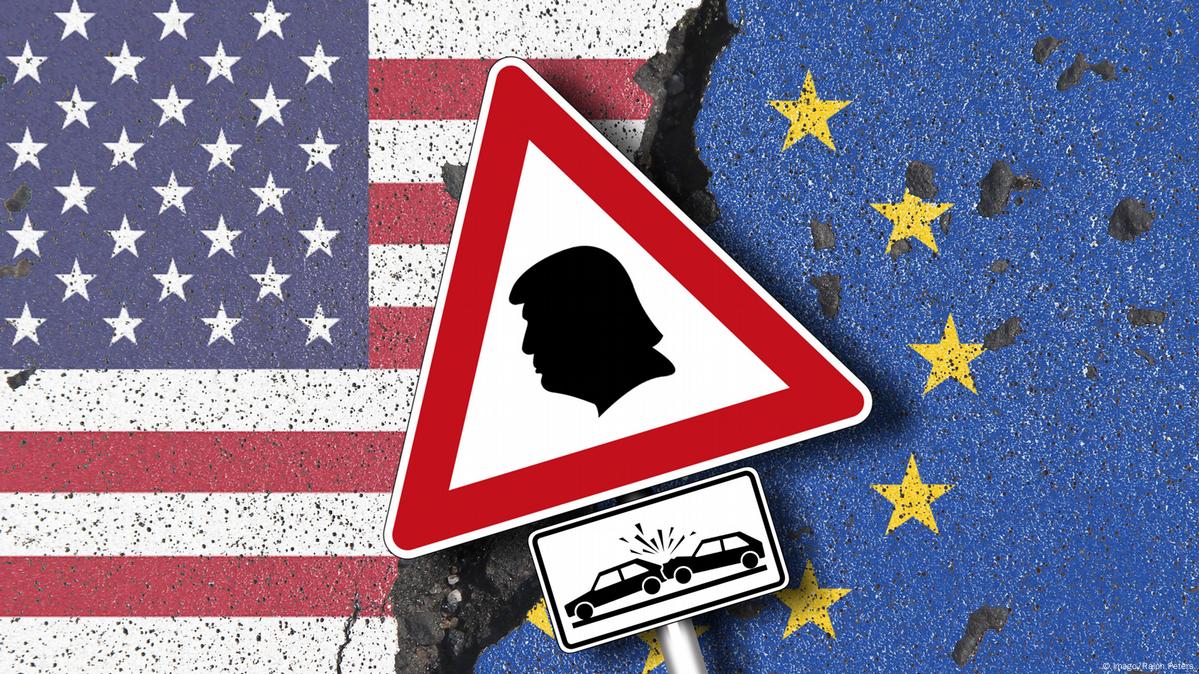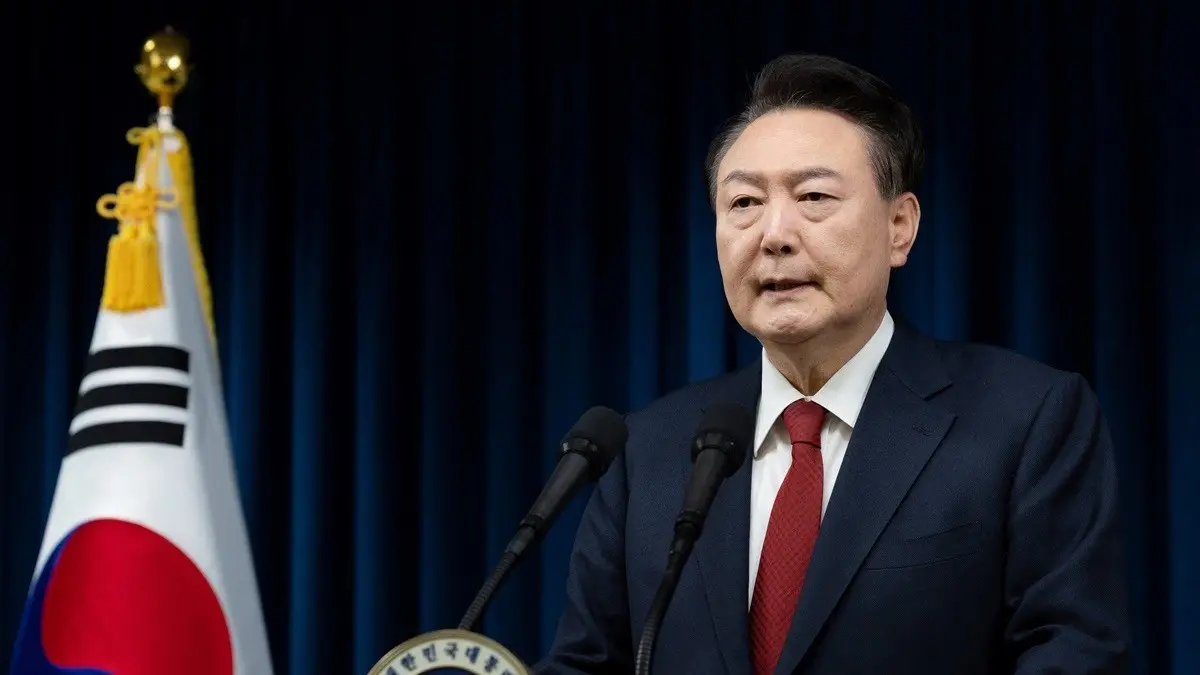The South African government has condemned U.S. President Donald Trump’s decision to freeze aid to the country over a contentious land expropriation law, calling it part of a “campaign of misinformation.”
According to France 24, officials in Pretoria rejected claims that the law allows for the seizure of land from white farmers without compensation.
South Africa’s Response
In a statement on Saturday, the South African government expressed concern over what it described as a deliberate effort to misrepresent the nation’s policies.
“We are concerned by what seems to be a campaign of misinformation and propaganda aimed at misrepresenting our great nation,” the government stated.
Land ownership remains a deeply sensitive issue in South Africa, as much of the farmland remains in white hands despite the end of apartheid more than 30 years ago. Officials defended the new law, arguing that it only clarifies the legal framework for land expropriation and does not introduce new policies. The law allows for expropriation without compensation only under just and equitable conditions, which the government says will be applied in rare and specific circumstances.
Trump’s Executive Order and Accusations
On Friday, Trump issued an executive order accusing the South African government of enabling land seizures from Afrikaners—descendants of European settlers—without payment. The order also criticized South Africa’s foreign policy stance, particularly its genocide case against Israel at the International Court of Justice (ICJ).
The White House defended the move, with U.S. State Department spokesperson Tammy Bruce stating that the U.S. would welcome “persecuted South African farmers” and support those facing “expropriation without compensation and other intolerable abuses.”
South Africa’s Foreign Ministry Pushes Back
In response, South Africa’s foreign ministry accused the U.S. of failing to acknowledge the country’s long struggle with colonialism and apartheid. Officials also pointed out a contradiction in Trump’s order—offering refugee status to white South Africans while continuing to deport vulnerable migrants from other parts of the world.
President Cyril Ramaphosa dismissed the accusations, stating that South Africa would not be “intimidated” by external pressures. In a national address, he warned against the rise of nationalism and protectionism in global politics.
Public Reaction and Afrikaner Advocacy
On social media, many South Africans mocked Trump’s decision, with some jokingly asking whether Afrikaners would now be referred to as “Amerikaners.” Others downplayed fears of mass land seizures, noting that most estates and private reserves remain under white ownership.
Afriforum, a small Afrikaner advocacy group, welcomed Trump’s intervention but emphasized that white South Africans should remain in their home country. According to 2022 data, white South Africans make up approximately seven percent of the population, with Afrikaners being a subset of this group.
Elon Musk Adds to the Controversy
South African-born billionaire Elon Musk, a Trump ally, further inflamed the debate by accusing the government of implementing “openly racist ownership laws.” His comments have sparked further discussions about land reform, foreign influence, and the role of international figures in South Africa’s domestic affairs.




